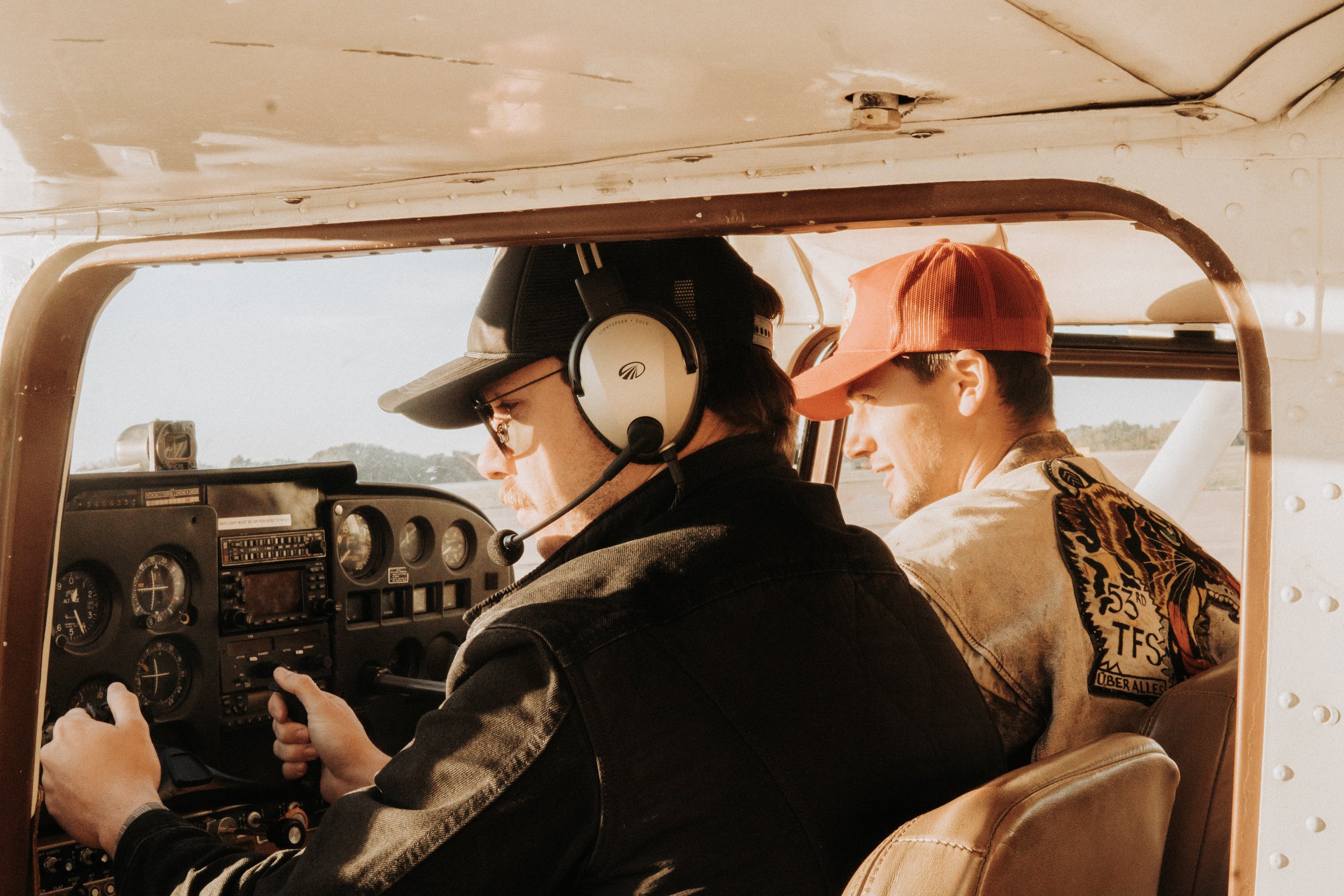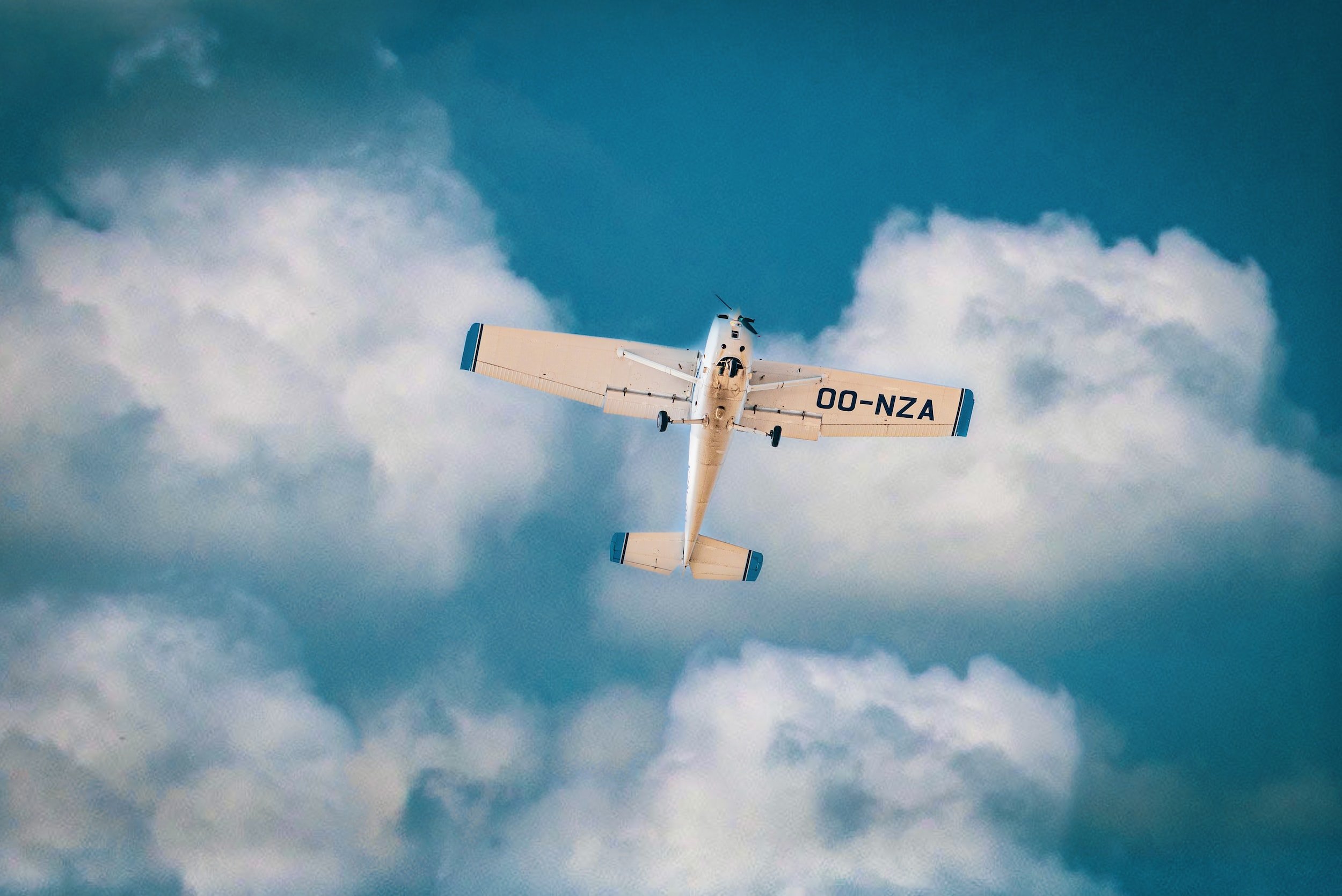Career Prospects for Pilots
Opportunity
As a pilot, you have the opportunity to pursue a fulfilling and exciting career in the aviation industry.
With the right training and experience, you can work as a private pilot, commercial pilot, or airline pilot, flying a variety of aircraft for different purposes.
Demand
The demand for pilots is strong, with a growing need for qualified professionals to transport people and goods around the world.
According to the Federal Aviation Administration (FAA), the aviation industry is expected to need more than 800,000 new pilots over the next 20 years to meet the increasing demand for air travel. This includes a need for both commercial and airline pilots, as well as pilots for corporate and private aviation.
Driving Factors
There are many factors driving the demand for pilots, including the expansion of air travel to new markets, the retirement of experienced pilots, and the increasing use of aircraft for business and leisure purposes.
As a result, there are numerous job opportunities available for pilots at all levels of experience, from new graduates of flight school to seasoned professionals.
Career Prospects
In terms of career prospects, pilots can choose to work for a variety of employers, including commercial airlines, cargo carriers, corporate aviation departments, and private charter companies.
Depending on the type of aircraft you fly and the employer you work for, you may have the opportunity to work domestically or internationally, travel to different destinations, and enjoy flexible scheduling.
Military
Pilots are also in high demand in the military, where they can fly a range of aircraft and be involved in a variety of operations, including transport, surveillance, and combat.
Military pilots often receive advanced training and can pursue a rewarding career in the armed forces.
Requirements
To become a pilot, you will need to complete specific training and education requirements.
For private pilots, this typically includes obtaining a private pilot's license and completing a certain number of flight hours. For commercial pilots, you will need to obtain a commercial pilot's license and meet additional requirements, such as completing a certain number of flight hours and passing written and practical exams. For airline pilots, you will typically need to have a bachelor's degree, a commercial pilot's license, and meet other requirements set by the airline you are applying to.
Finances
Obtaining a pilot's license can be a significant financial investment, as flight training can be costly.
However, there are several financing options available, including loans, scholarships, and grants. Some flight schools also offer financing options, such as payment plans or discounts for upfront payment. It is worth researching these options and considering the costs and benefits of different flight training programs before making a decision.
Experience
Once you have completed your training and obtained your pilot's license, you will need to continue building your experience and skills in order to advance your career.
This may involve working as a flight instructor, completing additional certifications or ratings, or gaining experience flying different types of aircraft.
Compensation
Pilots are well compensated for their skills and responsibilities, with salaries ranging from around $60,000 for entry-level positions to over $400,000 for experienced airline pilots.
Pilots also often receive benefits such as travel perks, flexible scheduling, and retirement plans.
Summary
Overall, the demand for pilots is strong and the career prospects are diverse and rewarding.
If you are interested in becoming a pilot, now is a great time to start training and pursuing a career in this exciting field. With the right education and experience, you can embark on a rewarding and fulfilling career in the aviation industry, with the opportunity to travel and work with a variety of aircraft and employers.










